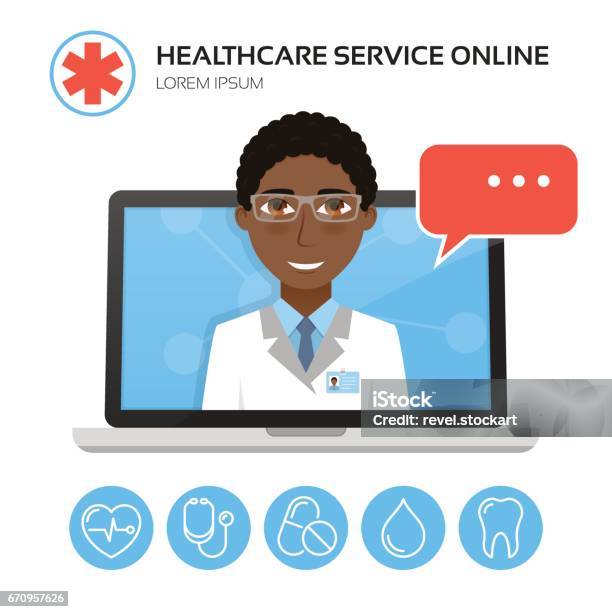Subscription Based Healthcare: Changing the Method We Think About Health
Subscription Based Healthcare: Changing the Method We Think About Health
Blog Article
Navigating the Future of Medicine With Subscription-Based Medical Care Solutions
As the healthcare sector advances, subscription-based solutions arise as an essential design promising to improve client treatment distribution. The solutions to these questions might basically alter our approach to health care.
Increase of Membership Healthcare
As healthcare systems around the globe face boosting stress from rising expenses and need for services, the introduction of subscription-based healthcare models has actually become a transformative trend. This ingenious method is interrupting traditional healthcare distribution by offering a predictable, flat-rate payment structure for clinical solutions. Rooted in the principles of concierge medication, subscription-based medical care enables companies to concentrate on personalized patient care while at the same time handling functional performances.
The surge of this version can be connected to several factors. Technological advancements have enabled more seamless integration of treatment via telehealth and electronic wellness documents, promoting the scalability of registration solutions. Moreover, the boosting consumer demand for transparency and predictability in healthcare expenses has actually driven the change in the direction of this design. Subscription-based solutions usually supply straight access to medical care specialists, which can minimize the administrative burdens connected with insurance policy claims and reimbursements (subscription based healthcare).
This design is gaining traction amongst diverse doctor, from health care medical professionals to specialized centers, by straightening monetary motivations with precautionary and continual care. By moving the emphasis from volume to value-based treatment, subscription health care has the possible to reshape the landscape, promoting an extra sustainable and patient-centered method to health and wellness administration.
Advantages for Patients

Additionally, subscription-based services frequently stress precautionary treatment, encouraging routine examinations and wellness testings. This aggressive strategy can bring about very early discovery of health and wellness problems, potentially enhancing results and decreasing long-lasting healthcare costs for patients. Such models generally offer clear prices, enabling clients to much better recognize their health care expenses and stay clear of unforeseen medical costs.
The personalized nature of subscription-based healthcare also enhances individual experience. Clients can receive tailored health care strategies that suit their certain needs, fostering a much more patient-centric strategy.
Innovation's Function in Improvement

Man-made intelligence (AI) plays a vital role in predictive analytics, assisting in very early diagnosis and customized treatment plans. AI formulas assess large datasets to identify patterns that may be forgotten by human monitoring, thus boosting medical decision-making. Electronic health records (EHRs) enhance individual details management, ensuring continuity and comprehensibility of care throughout different solutions and carriers.
Blockchain technology improves information protection and privacy, important for maintaining client count on in electronic platforms. It makes it possible for transparent and secure transactions of medical information, making certain that sensitive information continues to be protected. With the combination of artificial intelligence and AI, blockchain can automate complicated healthcare procedures, lowering administrative problems.
Obstacles and Considerations
While modern technology pushes go right here the abilities of subscription-based healthcare services, it likewise presents a collection of obstacles and factors to consider that must be dealt with to make sure effective application. One significant challenge is the equitable accessibility of these solutions.
Data personal privacy and protection stand for an additional essential factor to consider. Subscription-based services often involve the collection and storage space of vast quantities of individual wellness information. Companies have to stick to rigorous data defense regulations to preserve client trust fund and protect against unapproved access, which could bring about substantial honest and lawful consequences.
Furthermore, the sustainability of registration versions postures an obstacle. As his explanation healthcare needs develop, keeping an economical equilibrium between membership fees and service quality is important to stop individual dissatisfaction and attrition. Integrating these solutions within standard medical care systems requires smooth interoperability between systems, which is often a facility and resource-intensive undertaking. Addressing these obstacles Bonuses is important as subscription-based healthcare services continue to develop and expand.
Future Ramifications for Medication
Subscription-based healthcare services are positioned to considerably affect the future landscape of medication by reshaping just how treatment is accessed and delivered. These designs offer the potential to democratize medical care accessibility, offering individuals with even more timely and personalized interventions. By leveraging technology, such as telemedicine and data analytics, membership solutions can assist in continual monitoring and customized health monitoring, therefore boosting end results and lowering the problem on typical health care systems.
As these solutions gain grip, they could promote a change in the direction of preventative care, stressing the value of early detection and management of chronic conditions. This positive method might ultimately decrease health care costs by reducing the requirement for expensive treatments emerging from late-stage disease management. Membership designs provide a scalable option to deal with variations in health care accessibility, especially in underserved or country populations.
However, the transition towards subscription-based versions demands addressing regulatory and ethical considerations, consisting of data personal privacy and fair accessibility. As the market advances, collaborative efforts in between policymakers, modern technology programmers, and healthcare companies will be important to developing robust structures that safeguard individual interests while cultivating development. Eventually, these solutions assure to contribute considerably to an extra efficient, patient-centered healthcare ecosystem.

Final Thought
Subscription-based health care services represent a considerable development in the medical area, supplying predictable costs and customized care that enhance access and prioritize safety nets. Technical developments, such as telemedicine and AI-driven analytics, promote customized patient experiences, enhancing overall health and wellness outcomes. Obstacles such as data personal privacy and equitable accessibility have to be dealt with to guarantee the widespread advantages of these services. As the healthcare landscape evolves, registration models are positioned to play a crucial function in forming the future of medicine.
As the health care market develops, subscription-based solutions emerge as a crucial model guaranteeing to reshape individual treatment shipment.As health care systems around the globe face boosting stress from increasing prices and need for services, the advent of subscription-based healthcare designs has actually arised as a transformative pattern (subscription based healthcare).With the rise of subscription-based medical care models improving traditional medical care distribution, people are beginning to experience considerable benefits from this ingenious technique. As healthcare needs develop, keeping a cost-efficient balance between registration costs and solution high quality is essential to prevent patient discontentment and attrition.Subscription-based health care services are poised to considerably affect the future landscape of medicine by reshaping just how care is accessed and delivered
Report this page